News and events
Learn about recent IHRA activities and upcoming events.

Learn about recent IHRA activities and upcoming events.
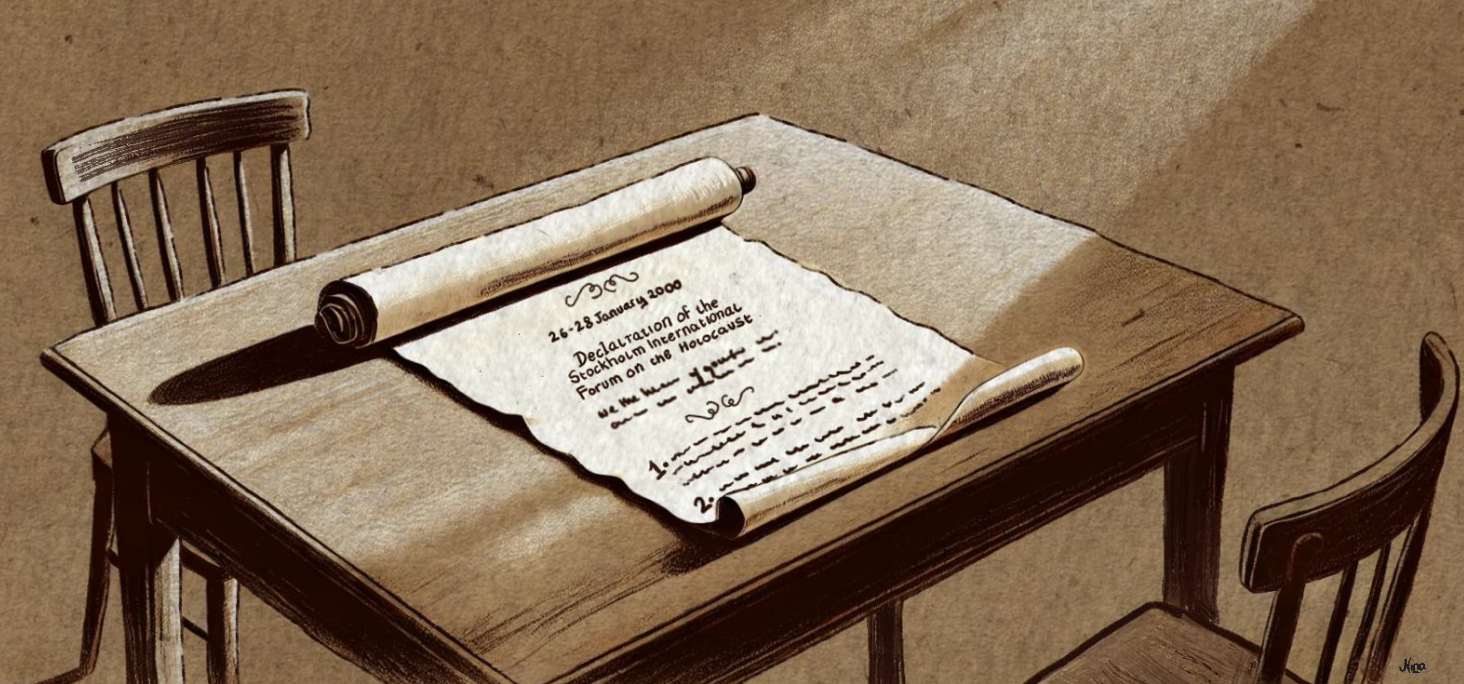

This reflection looks back at the 2000 Stockholm Declaration, whose principles have shaped Holocaust education, research, and remembrance globally. While IHRA’s work has since grown to include new focus areas and tools, the Declaration remains a foundational document in building international commitment.

Visiting the Auschwitz-Birkenau State Museum helped the Safeguarding Sites team strengthen their draft heritage Charter for Holocaust sites and learn about the role of local communities as guardians of global heritage.
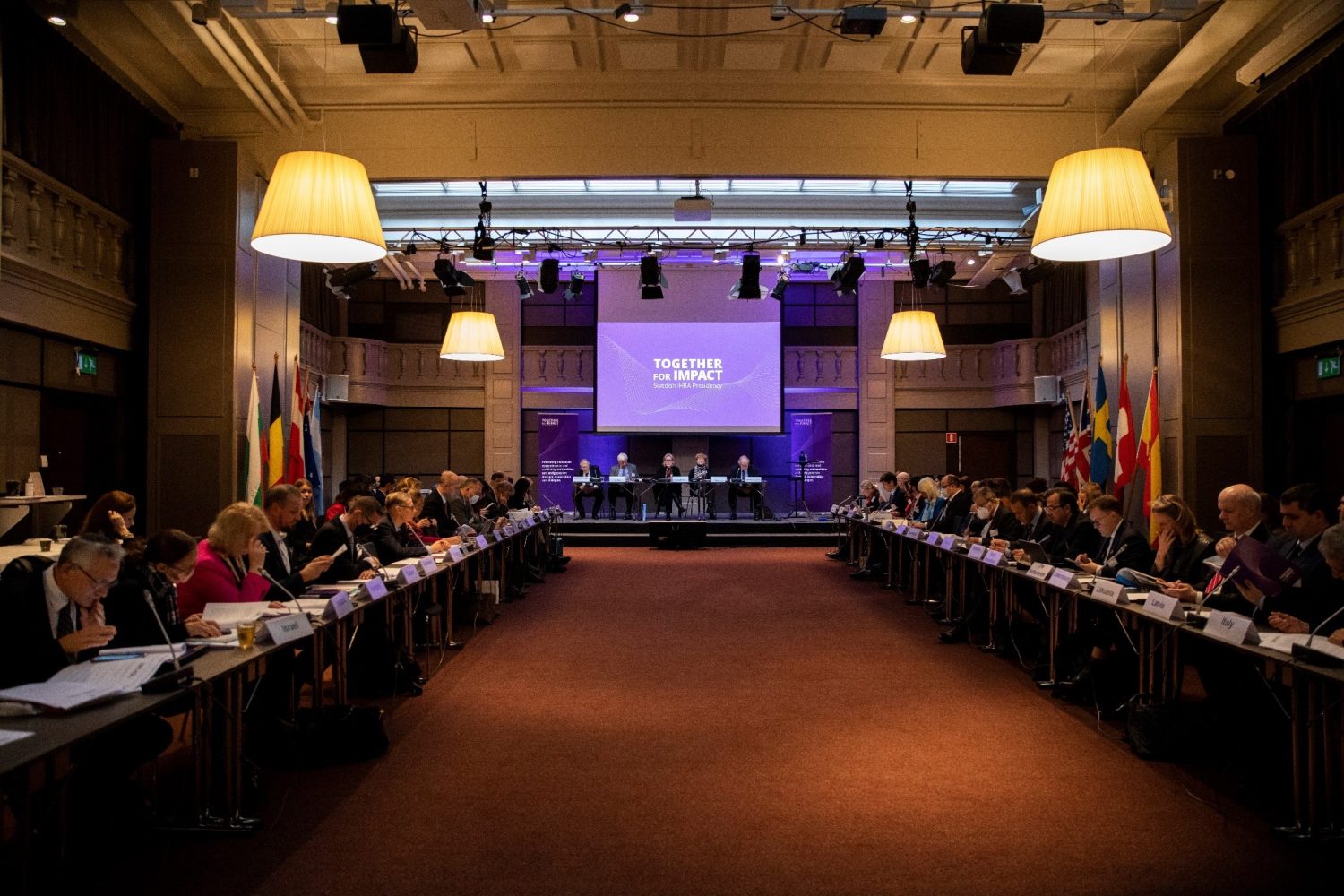

The IHRA plenary inspired exchanges and developments in the field of Holocaust remembrance, education, and research under the Swedish Presidency’s motto, “Together for Impact.”
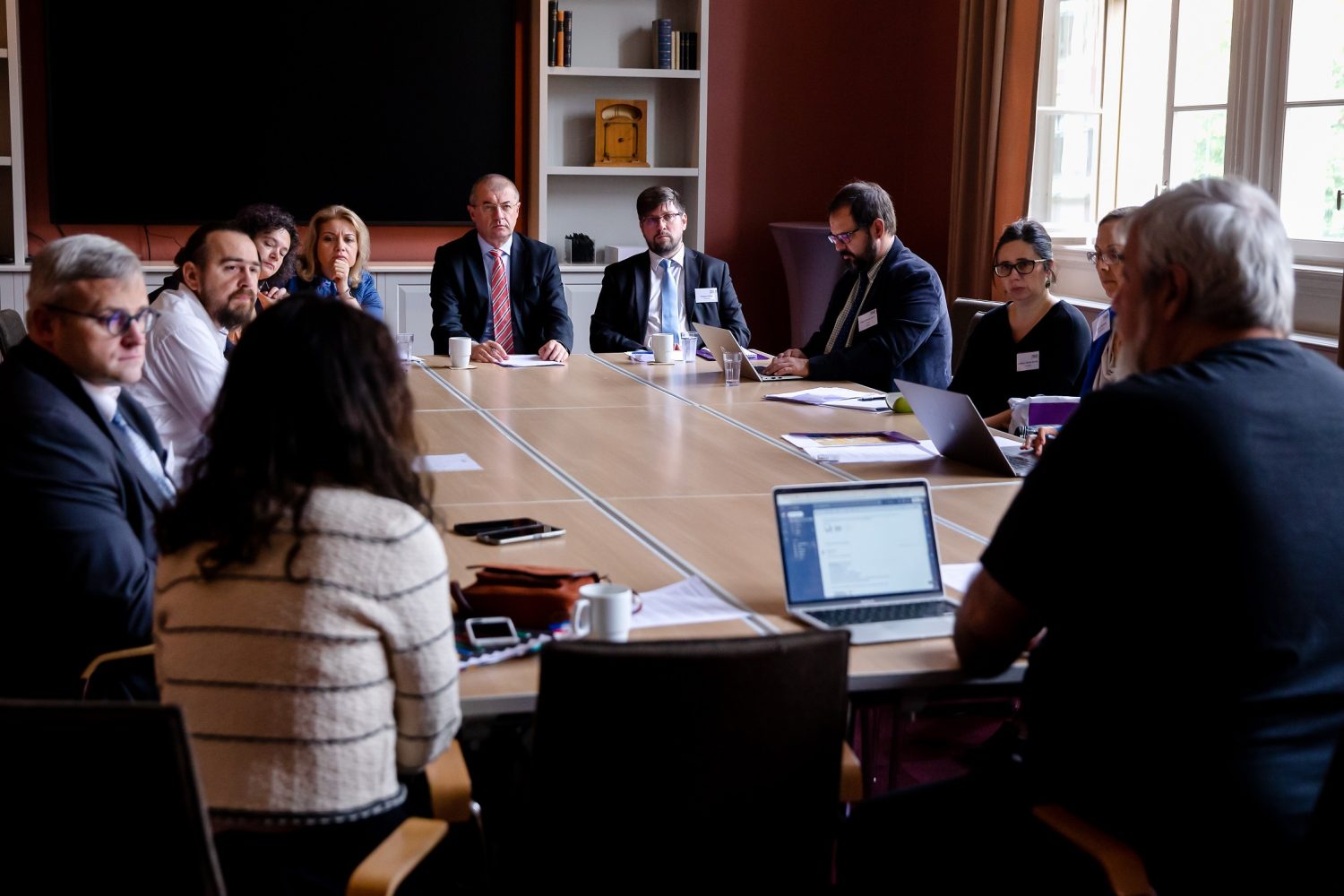

The IHRA pledged to develop recommendations on teaching and learning about the genocide of the Roma at the Malmö International Forum on Holocaust Remembrance and Combating Antisemitism.
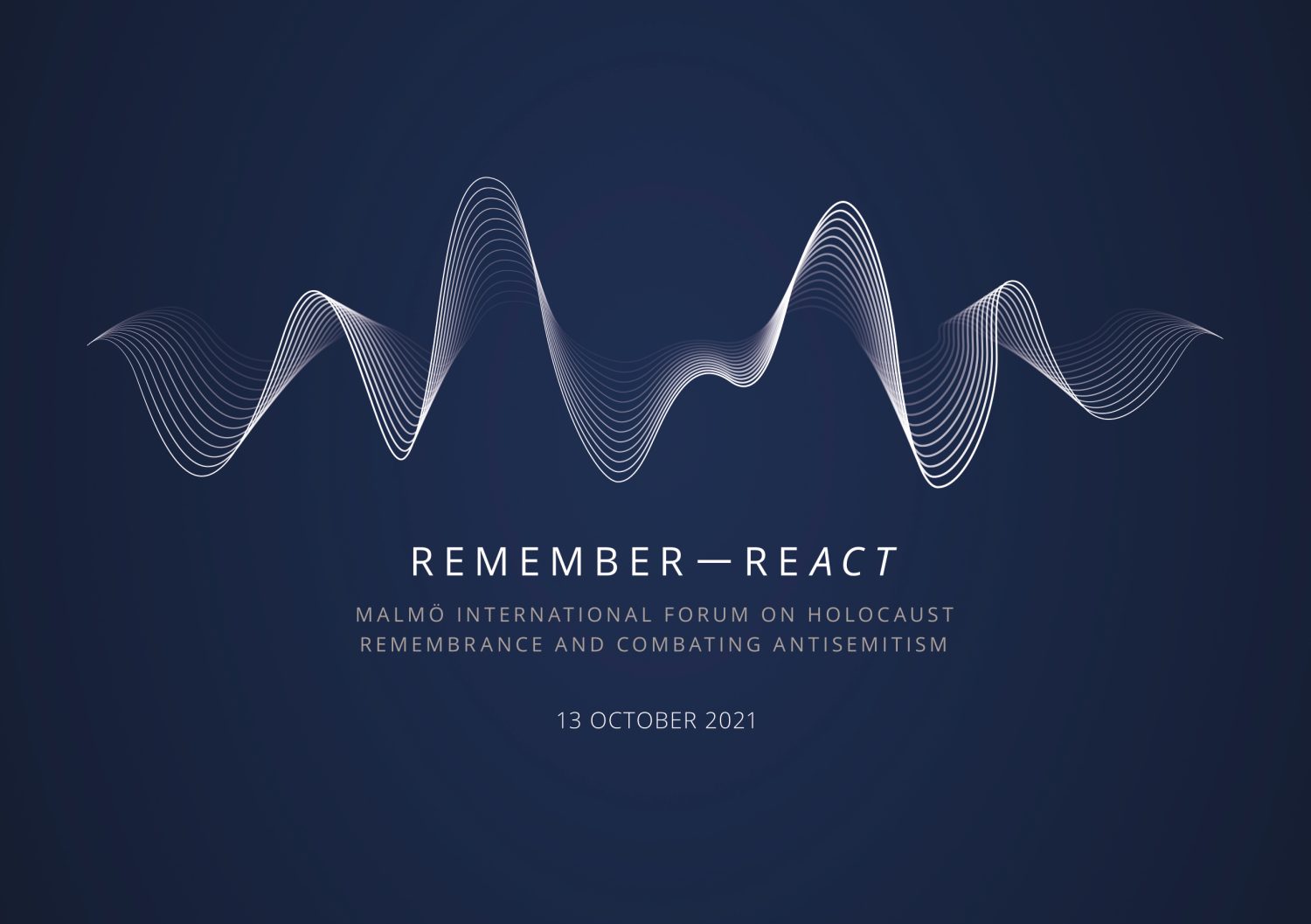

One year ago, when world leaders met in Sweden for the Malmö International Forum on Holocaust Remembrance and Combating Antisemitism – Remember-ReAct, there was much cause for optimism.
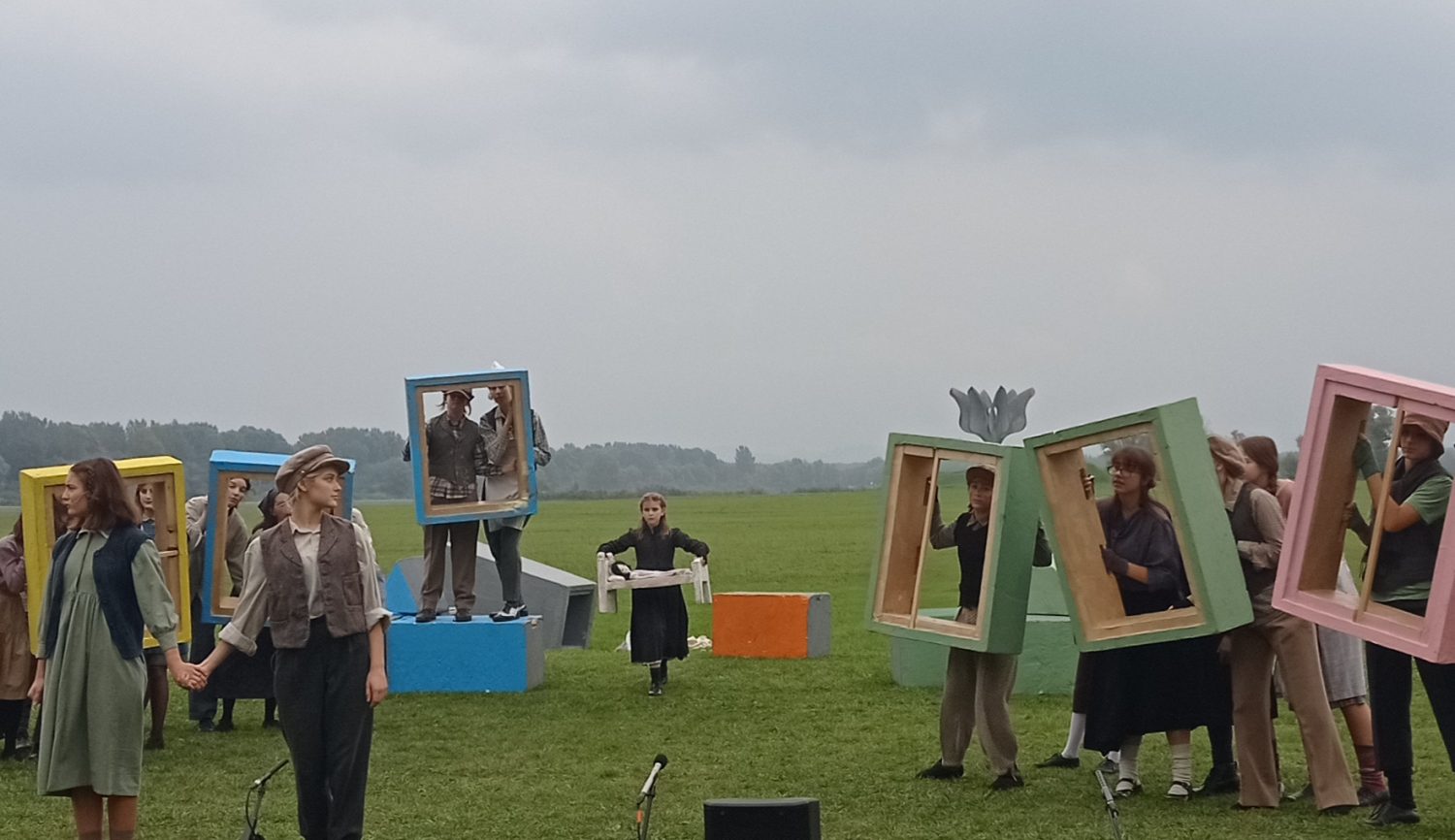

The children’s opera Brundibar, performed for the Danish Red Cross representatives at the Theresienstadt concentration camp-ghetto speaks out against every form of tyranny through the story of children who experienced unimaginable crimes.


Objectives of the conference include taking stock of existing research on the genocide of the Roma, sharing IHRA knowledge and recommendations, stimulating cooperation and proactively working together for impact.
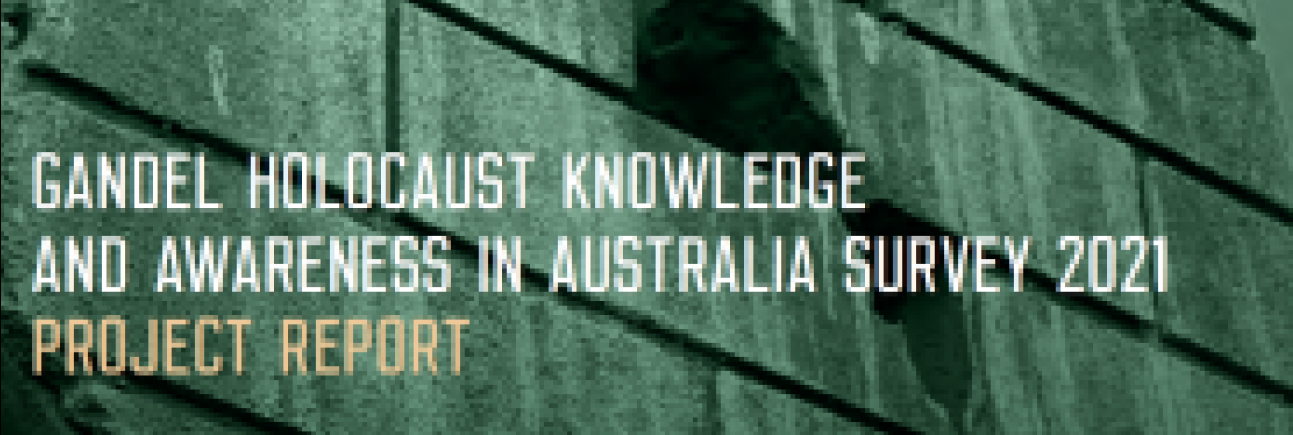

Australia has responded to increases in antisemitic incidents in the country with an unprecedented push to support Holocaust education and remembrance programs.


The international conference “Fighting Antisemitism and Holocaust Distortion and Denial on the Digital Battlefield,” hosted by the Greek delegation to the IHRA served as a continuation of their Presidency’s focus on the fight against Holocaust denial and distortion online.
By signing up to the IHRA newsletter, you agree to our Privacy Policy